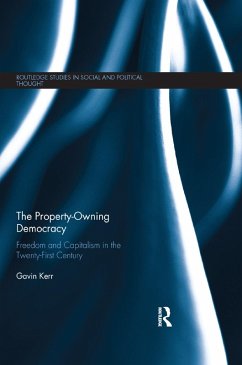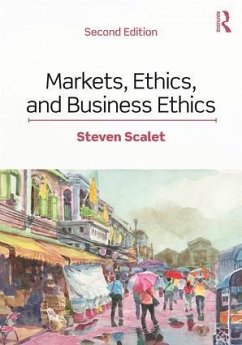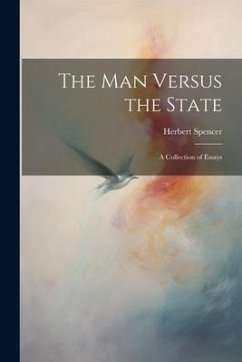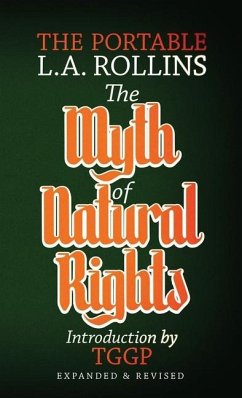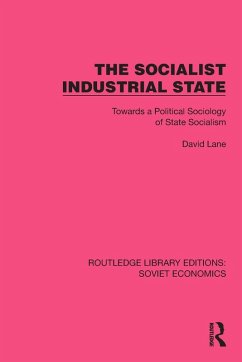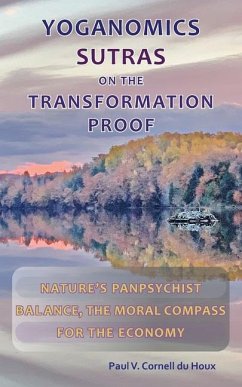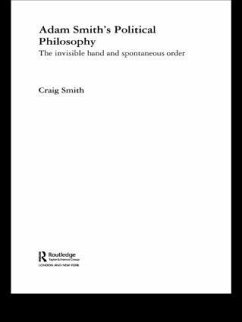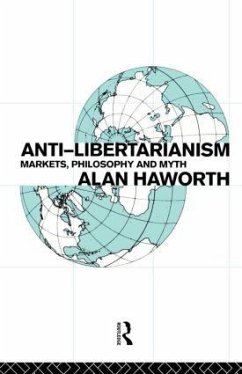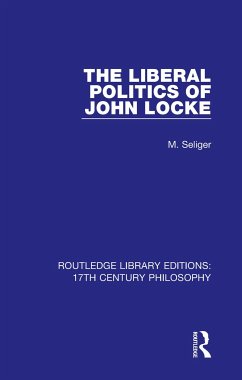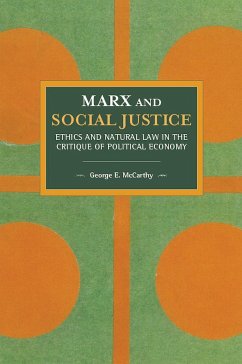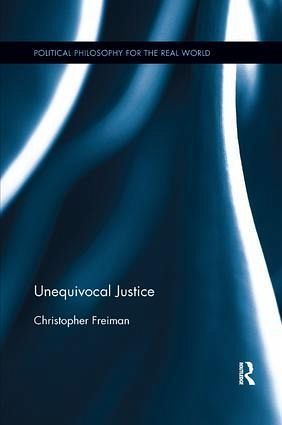
Unequivocal Justice
Versandkostenfrei!
Versandfertig in 1-2 Wochen
55,99 €
inkl. MwSt.
Weitere Ausgaben:

PAYBACK Punkte
28 °P sammeln!
Unequivocal Justice challenges the prevailing view within political philosophy that broadly free market regimes are inconsistent with the basic principles of liberal egalitarian justice. Freiman argues that the liberal egalitarian rejection of free market regimes rests on a crucial methodological mistake. Liberal egalitarians regularly assume an ideal "public interest" model of political behavior and a nonideal "private interest" model of behavior in the market and civil society. Freiman argues that this asymmetrical application of behavioral assumptions biases the analysis and undercuts ideal...
Unequivocal Justice challenges the prevailing view within political philosophy that broadly free market regimes are inconsistent with the basic principles of liberal egalitarian justice. Freiman argues that the liberal egalitarian rejection of free market regimes rests on a crucial methodological mistake. Liberal egalitarians regularly assume an ideal "public interest" model of political behavior and a nonideal "private interest" model of behavior in the market and civil society. Freiman argues that this asymmetrical application of behavioral assumptions biases the analysis and undercuts ideal theoretical treatments of every major liberal egalitarian principle, including political liberty, economic sufficiency, fair opportunity, and social equality. This book reexamines the institutional implications of each of these principles in nonideal conditions, making novel philosophical use of political psychology and public choice economics along the way.





